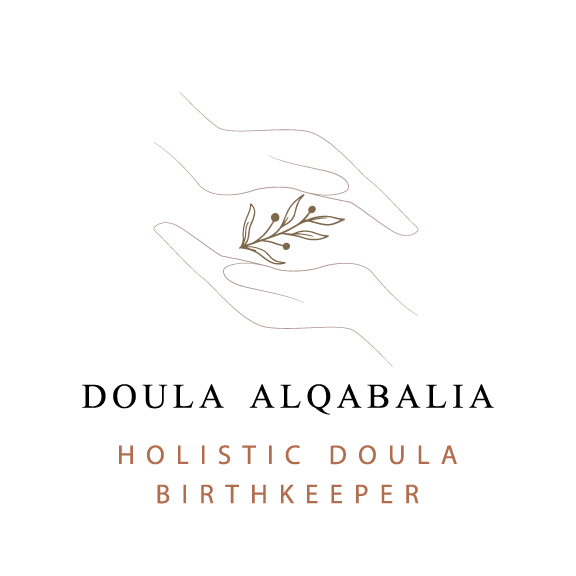The Vitamin K injection

For some time, I have debated about whether or not to share this but I have been asked by a number of sisters to share any information that I have on the matter. And here it is. So, first things first, this is not a vitamin!
There is no Vitamin K in the Vit K shot. This synthetic Vit K injection does not include any of the natural forms of Vitamin K found in leafy greens and other foods. Instead, the synthetic ‘Vitamin’ in this shot is called Phytonadione and includes:
– Phenol (carbolic acid, a poisonous acid in coal tar)
– Benzyl alcohol (preservative)
– Propylene Glycol (also known as ‘edible’ antifreeze)
– Acetic acid (an agent that stops or kills microorganisms)
– Hydrochloric acid
– Lecithin
– Castor oil
Q1. What is the Vit K injection?
The Vitamin K injection is said to protect against hemolytic disease of the newborn (HDN). HDN is rare, it occurs in only 0.25-1.7% of cases, yet, even the trials and studies show that Vit K could do more harm than good! Injecting our newborns with Vit K can actually significantly increase our children’s chances of developing childhood cancer.
In a study of two hospitals, researchers found almost a two-fold risk of leukemia for children who had received intramuscular Vit K given universally at one hospital compared to the other hospital that did not promote the jab.
Q2. How is Vit K absorbed into the body?
In order for Vit K to be absorbed, the body has to have a functioning biliary and pancreas system. A baby’s digestive system isn’t fully developed at birth which is why babies are given breast milk (and solids are delayed) until they are at least 6 months old. It is also why breast milk only contains a small amount of highly absorbable Vit K. Excessive amounts of Vit K could tax the liver and cause brain damage (amongst other things).
Q3. What’s the relation between the Vit K injection the umbilical cord and placenta?
Cord blood contains stem cells, which protect a baby against bleeding and perform various necessary repairs inside an infants body. In order for a baby to get this boost of stem cells, cord cutting needs to be delayed and the blood needs to remain thin so that stem cells can easily travel and perform their functions. Delaying cord clamping until the cord has stopped pulsating and is white/grey in colour is highly recommended for optimum benefits.
Q4. How does Vit K affect a newborn?
A newborn has low levels of Vit K because its intestines are not yet colonised with the bacteria required to synthesise it and the ‘Vit K cycle’ isn’t fully functional yet. Does it make sense to then bypass the gut and inject Vit K into a muscle considering a newborn’s kidneys aren’t fully functioning yet either?!
As it happens, babies are born with low levels of Vit K compared to adults, but this is still sufficient to prevent problems; Vit K Prophylaxis isn’t needed.
Q5. What are the side effects of the Vit K injection?
Potential side effects from the Vit K injection are:
– Death
– Cancer
– Seizures
– Shortness of breath
– Anaphylaxis
– Hyperbilirubinemia
– Kidney failure
– Gut issues
– Digestive issues
– Inflammation
Furthermore, if you were to read the boxed label on your newborn’s Vit K injection, it would read:
“Severe reactions, including fatalities, have occurred during and immediately after intravenous injection of Phytonadione, even when precautions have been taken to dilute the Phytonadione and to avoid rapid infusion. Severe reactions, including fatalities, have also been reported following intramuscular administration. Some patients have exhibited these severe reactions on receiving Phytonadione for the first time”
[Nobody is telling anyone what to do. Evidence based information is crucial in not only birthwork but also in life. Informed decisions and informed consent are paramount in order for us to truly be responsible for the choices and decisions that we make about ourselves and for/on behalf of our children]
May Allah guide us to what’s good for us and our offspring, aameen.
**Disclaimer: The information herein has been acquired via research. The author makes no claims to be a medical professional nor purports to be a medical professional. Individuals are strongly urged to do their own independent research.
Further resources:
https://www.aims.org.uk/information/item/vitamin-k
https://www.aims.org.uk/journal/item/vitamin-k-an-alternative-perspective
https://www.nhs.uk/pregnancy/labour-and-birth/after-the-birth/what-happens-straight-after/
